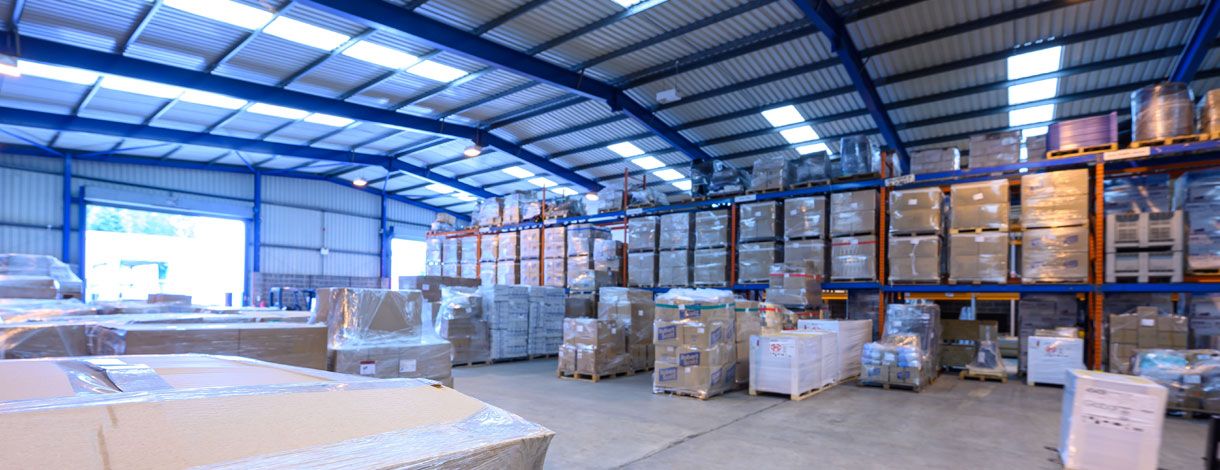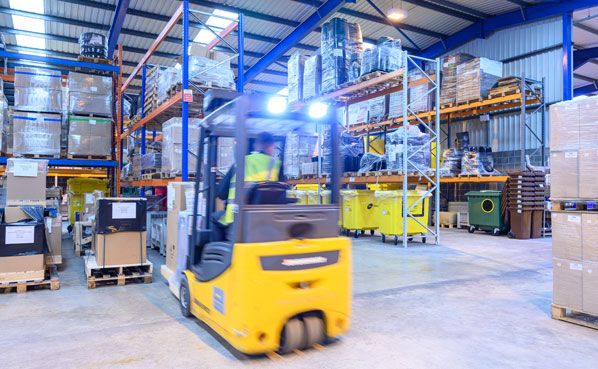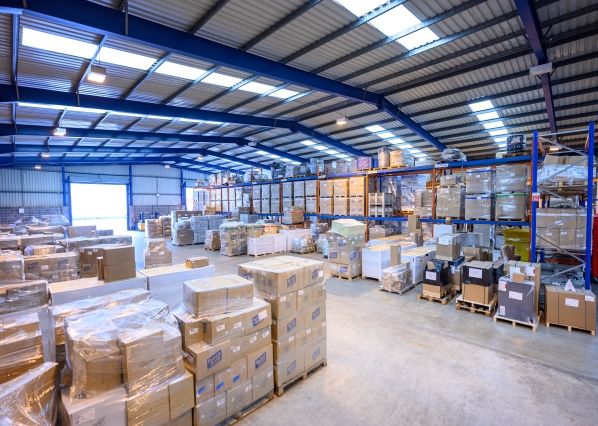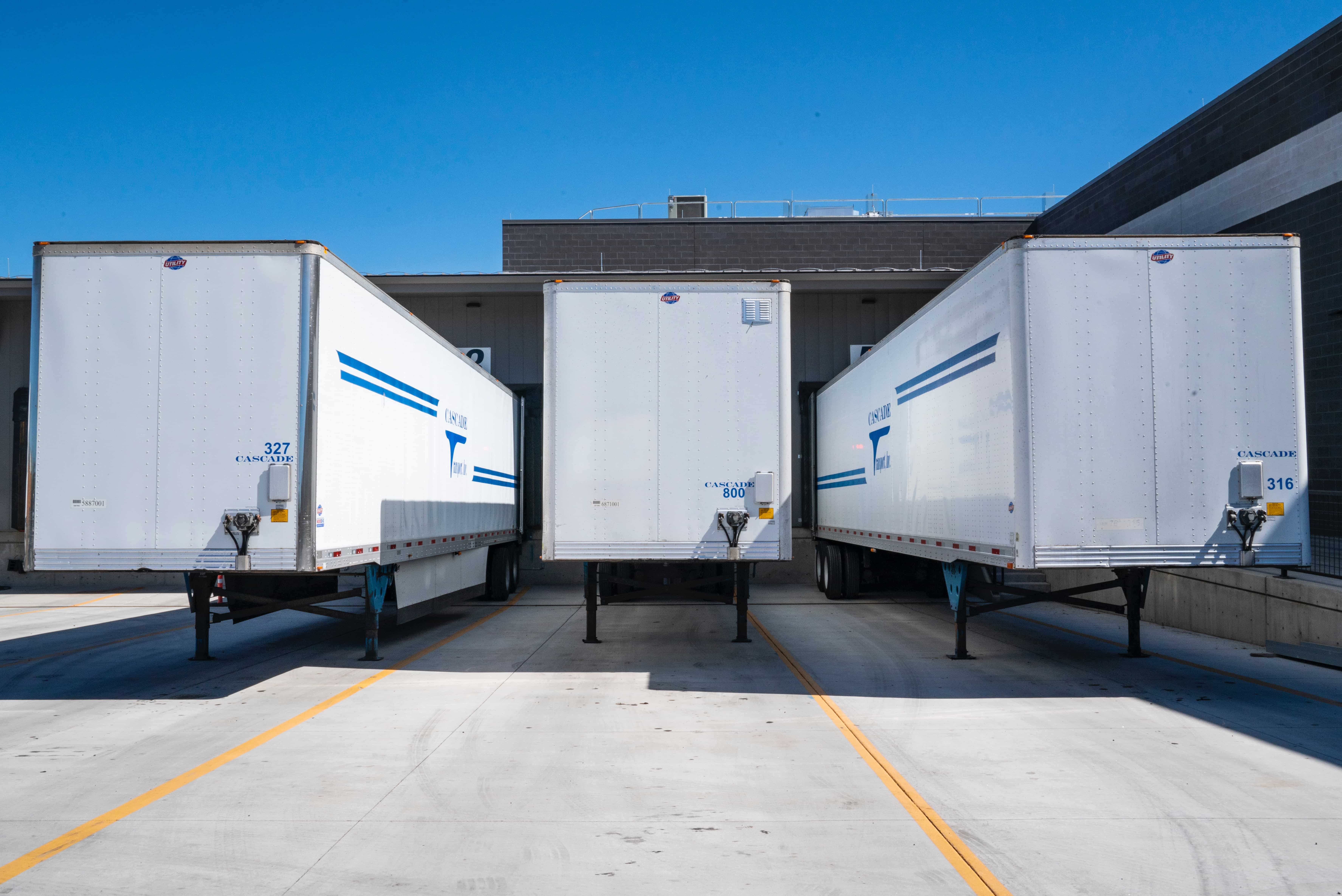Intro
Every day, we go through life performing a variety of tasks. Some of these tasks are more challenging than others, but they all require some level of logistical planning and management in order to be successful. When it comes to logistics and management, there are numerous different types that can be used depending on the situation at hand. In this blog post, we will discuss the five main types of logistics providers as well as the different types of logistics management.
Types of Logistics
1PL – First Party Logistics Providers
First-party logistics refers to a business that manages its own logistics operations in order to improve the efficiency of its internal supply chain. This type of company typically has its own fleet of vehicles, warehouses, and distribution centres. They are also responsible for hiring and training their own staff. First-party logistics providers are usually large companies that have the resources to invest in their own logistics operations.
2PL – Second Party Logistics Providers
Second-party logistics providers deal with the transportation aspect of logistics, but they do not own their own fleet of vehicles. Instead, they contract with other companies to provide transportation services. These types of logistics providers typically specialize in a particular mode of transportation, such as trucking, rail, or air.
3PL – Third Party Logistics Providers
Third-party logistics is probably the most common form of logistics management, and it is when a company outsources its logistics operations to another company. This type of arrangement is often used by small to medium-sized businesses that do not have the resources to invest in their own logistics operations.
Freight forwarders and courier companies are great examples of third-party logistics providers.
4PL – Fourth Party Logistics Providers
Fourth-party logistics providers operate as a single point of contact for entire supply chains and are typically responsible for further optimising supply chains as a whole. They often work with technology providers to develop new logistics solutions and they also advise companies on how to improve their supply chain management practices.
5PL – Fifth Party Logistics Providers
5PL (Fifth party logistics) providers work closely with in-house departments and other service providers to develop long-term relationships and optimize an entire supply chain. 5PLs are often brought in to provide comprehensive, unbiased assessments of a company’s transportation network and to develop strategies for improving efficiencies.
Logistics Management
Supply chain management
Supply chain management is the process of planning, organising, and controlling the flow of goods and services from supplier to consumer. It involves the coordination and management of all activities involved in sourcing and procurement, production, distribution, and sales.
Freight forwarding
Freight forwarding is the process of organising and managing the shipment of goods from one place to another. Freight forwarders work with transportation companies to ensure that goods are delivered on time and in the correct condition. They often have extensive knowledge of the transportation industry and can provide advice on the best way to transport goods.
Warehousing and distribution
Warehousing and distribution is the process of storing and delivering goods to consumers. Warehouses are used to store products, and distributors are responsible for delivering products to retailers or consumers. Warehousing and distribution can be done internally or externally, depending on the company’s needs.
Production logistics
Production logistics is the process of organising and managing the production of goods. This includes the coordination and management of all activities involved in producing products, from sourcing and procurement to distribution and sales. Production logistics services can help companies improve the efficiency and quality of their production processes.
Inbound & Outbound Logistics
Inbound logistics refers to the process of receiving and storing products at a company’s warehouse. Outbound logistics is the process of shipping products from the warehouse to consumers or retailers. Inbound and outbound logistics are two separate but interconnected processes that work together to ensure that products are delivered to consumers in a timely and efficient manner.









